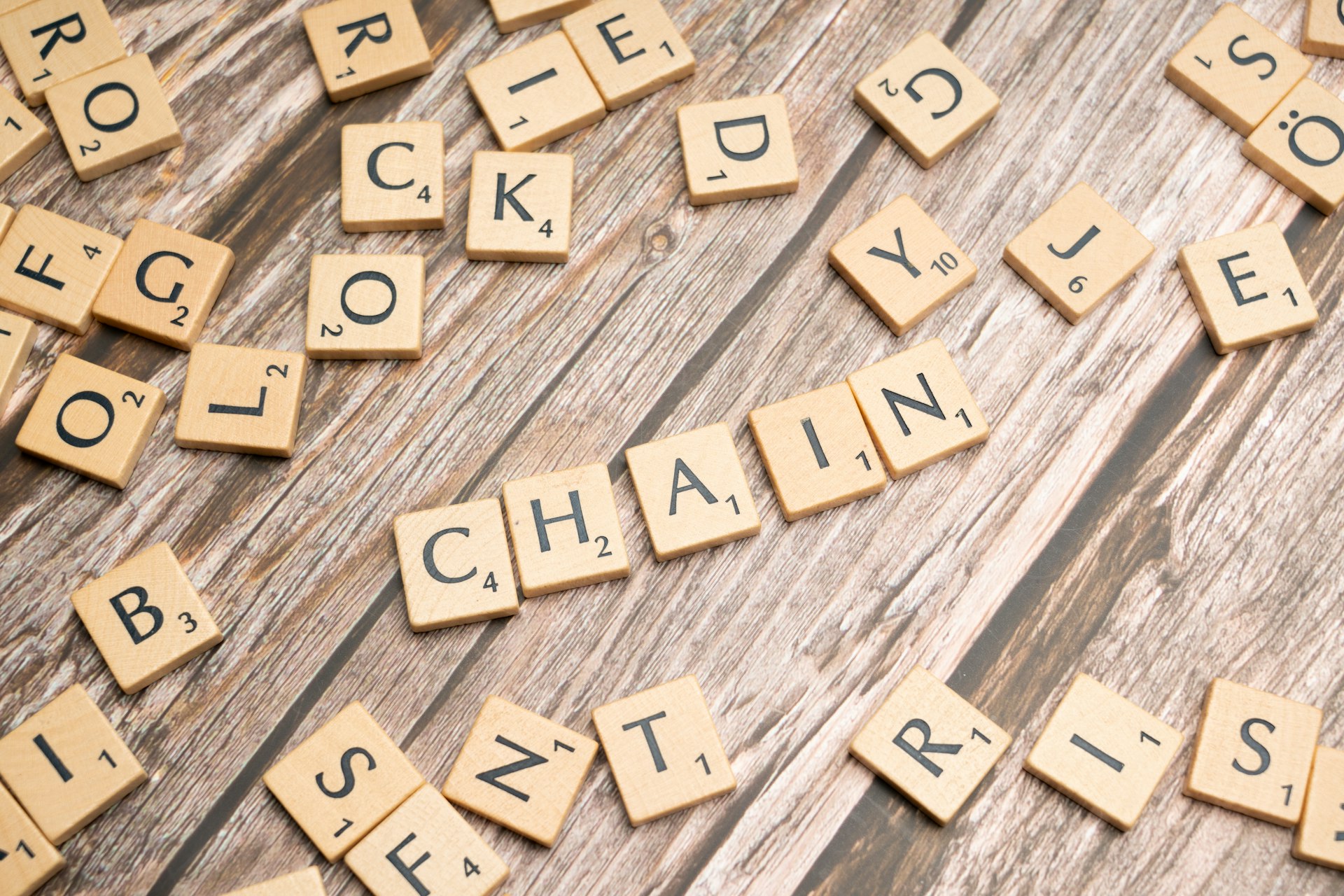Modern Grandparents: Evolving Roles and Lasting Impact in Today’s Families

Photo by Tamara Govedarovic on Unsplash
Introduction: The Evolving Role of Grandparents in Modern Families
Grandparents have long been considered the keepers of wisdom and tradition within families, but their roles have grown far beyond storytelling and occasional babysitting. In today’s rapidly changing world, grandparents are more involved, active, and influential than ever. Modern families often rely on grandparents not just for emotional support and practical help , but also for maintaining family heritage and bridging generational gaps. This article explores the multifaceted roles grandparents play in contemporary family life, offering actionable guidance for families seeking to strengthen these vital intergenerational connections.
From Tradition to Modernity: Historical and Current Perspectives
Traditionally, grandparents were seen as family elders-storytellers who imparted wisdom and preserved heritage. Their influence was often rooted in guidance, moral support, and upholding family rituals. However, changing family structures, such as dual-income households, single-parent families, and blended families, have significantly expanded the responsibilities and opportunities available to grandparents [1] .
Today, many grandparents serve as daily caregivers, mentors, and emotional anchors. Advances in healthcare have led to longer, healthier lives, enabling more active participation in grandchildren’s upbringing. This shift is not just a practical adaptation-it is an evolution that reflects the complex needs of modern families [1] .
Emotional Support and Stability
The presence of grandparents in a child’s life provides a unique layer of emotional stability . Children with active grandparents tend to develop better social skills and emotional resilience. Grandparents offer a calming, nurturing presence that helps children feel secure, especially during times of family stress or transition [2] .
For parents, grandparents become a trusted support system, sharing the weight of childcare and offering reassurance in moments of uncertainty. For example, a grandparent might step in to help during parental illness, job changes, or the arrival of a new sibling. To maximize this benefit, families can:
- Communicate clearly about expectations and boundaries
- Encourage regular visits or video calls, especially when living apart
- Involve grandparents in routines and important milestones
It’s important, however, to recognize that boundaries may need to be set to prevent misunderstandings or over-involvement. Open, respectful communication ensures that support remains constructive and balanced for all parties.
Preserving Traditions and Cultural Heritage
Grandparents are invaluable in preserving family traditions and cultural identity . Whether sharing stories from their own childhoods, celebrating holidays, or teaching traditional recipes, they help grandchildren understand their roots and feel a sense of belonging [3] .
For example, a grandparent who emigrated from another country may introduce grandchildren to language, customs, and festivals that might otherwise be lost. These experiences enrich children’s worldviews and foster pride in their heritage. If you want to encourage cultural transmission in your family:
- Schedule regular family gatherings for traditional celebrations
- Ask grandparents to share family photo albums or personal stories
- Cook traditional meals together and document recipes for future generations
For families seeking resources on cultural preservation, you can contact local community centers, cultural associations, or libraries for programs and events that support intergenerational learning.
Childcare and Practical Support
Modern life often requires parents to juggle work, household duties, and childcare. Grandparents frequently step in as childcare providers , sometimes on a daily basis. This support allows parents to pursue careers, attend to emergencies, or simply take a well-deserved break [2] .
Some practical steps for families to involve grandparents include:
- Discussing childcare needs and preferences in advance
- Enrolling grandparents in parenting refresher courses to align on safety and discipline
- Providing clear instructions and emergency contacts for smooth caregiving transitions
If you are seeking formal support or classes for grandparents, organizations like the Motherhood Center offer grandparent refresher courses both in-person and virtually [2] . You can also inquire with your local hospital or community education programs.
Adapting to Changing Parenting Practices
The role of grandparents is not without its challenges. Today’s parenting philosophies-ranging from gentle discipline to screen time limits-can differ markedly from those of previous generations. Psychologists emphasize the importance of open dialogue, empathy, and flexibility in navigating these differences [4] .
Grandparents may sometimes feel their experiences are being dismissed, or that modern approaches contradict their own. For families, the key is fostering mutual respect and understanding. Effective strategies include:
- Inviting grandparents to participate in discussions about family rules
- Sharing articles, books, or resources on current parenting practices
- Encouraging grandparents to express their perspectives while being open to change
For families experiencing tension, consider seeking guidance from family counselors or mediation services, which are often available through local health departments or family resource centers.
Strengthening Intergenerational Bonds
The relationship between grandparents and grandchildren is mutually enriching. Grandparents gain renewed purpose and joy from their involvement, often reporting increased well-being and satisfaction in later life [3] . Children, meanwhile, enjoy access to a loving, nonjudgmental confidant who offers unconditional support and encouragement.
Families can build stronger intergenerational bonds by:
- Planning shared activities, such as trips, projects, or hobbies
- Encouraging open communication and storytelling
- Respecting each generation’s unique contributions and viewpoints
Challenges can include physical distance, generational misunderstandings, or health limitations. Solutions may involve leveraging technology for regular contact (such as video calls), organizing family reunions, or adapting activities to accommodate mobility or sensory needs.
Modern Family Structures and the Grandparent’s Place
Today’s families come in many forms, and the role of the grandparent adapts accordingly. Whether living in multigenerational households, supporting adult children who have returned home, or maintaining close relationships despite distance, grandparents remain a cornerstone of family resilience [5] .
For those considering integrating grandparents into daily family life, some practical steps include:
- Designing shared living spaces that accommodate privacy and togetherness
- Establishing routines and roles that support both generations
- Seeking support from community organizations that offer resources for multigenerational households
When grandparents require care themselves, families can access support through local Area Agencies on Aging, community health organizations, or national eldercare resources. If you need specific services, search for “Area Agency on Aging” along with your city or county to find official programs and contacts.

Photo by Daria Trofimova on Unsplash
Conclusion: Embracing the Essential Role of Grandparents
The role of grandparents in modern families is dynamic, vital, and transformative. By providing emotional support, preserving tradition, adapting to new parenting norms, and offering practical help, grandparents significantly enhance the well-being and resilience of the entire family. Families who embrace these intergenerational bonds are better equipped to navigate life’s challenges together.
For additional resources, guidance, or support, consider reaching out to local family services, cultural organizations, or healthcare providers. You can also search for reputable community programs dedicated to grandparent and family engagement using terms such as “grandparent support programs” or “intergenerational family resources” in your area.
References
- [1] Trustworthy (2023). Understanding the Grandparent’s Role in Modern Families.
- [2] Motherhood Center (2024). Grandparents’ Role in Early Childhood: A Guide for New Parents.
- [3] Alden (2023). The Importance of Grandparents in the Lives of Their Grandchildren.
- [4] Los Alamos Reporter (2025). The Role Of Grandparents In Our Current Culture.
- [5] North State Parent (2023). Role of Grandparents In Modern Families.
MORE FROM discountdiscover.com













